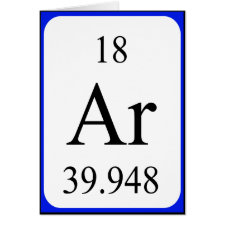
Authors: Prasad BB, Prasad A, Tiwari MP
Article Title: Multiwalled carbon nanotubes-ceramic electrode modified with substrate-selective imprinted polymer for ultra-trace detection of bovine serum albumin.
Publication date: 2013
Journal: Biosensors and Bioelectronics
Volume: 39
Issue: (1)
Page numbers: 236-243.
DOI: 10.1016/j.bios.2012.07.080
Alternative URL: http://www.sciencedirect.com/science/article/pii/S0956566312005362
Abstract: This study describes the synthesis of a new class of substrate-selective molecularly imprinted polymer. This involved tetraethylene glycol 3-morpholin propionate acrylate (functional monomer) and bovine serum albumin (template) for polymerization in aqueous condition, using ''surface grafting-from'' approach directly on a vinyl exposed multiwalled carbon nanotubes-ceramic electrode. The analyte recapture at pH 6.8 in aqueous environment simultaneously involved hydrophobically driven hydrogen bonds and ionic interactions between negatively charged bovine serum albumin and positively charged imprinted nanofilm. The selectively encapsulated bovine serum albumin first gets reduced at -0.9 V and then oxidized within the cavity, without getting stripped off, to respond a differential pulse voltammetry signal. The limit of detection [0.42 ng mL-1 (3σ, RSD £ 1.02%)] obtained was free from any cross-reactivity and matrix complications in aqueous, pharmaceutical, serum, and liquid milk samples. The proposed sensor can be used as a practical sensor for ultra-trace analysis of bovine serum albumin in clinical settings
Template and target information: protein, bovine serum albumin, BSA
Author keywords: molecularly imprinted polymer, Porogen-water, Bovine serum albumin, Multiwalled carbon nanotubes-ceramic electrode, differential pulse voltammetry



Join the Society for Molecular Imprinting

New items RSS feed
Sign-up for e-mail updates:
Choose between receiving an occasional newsletter or more frequent e-mail alerts.
Click here to go to the sign-up page.
Is your name elemental or peptidic? Enter your name and find out by clicking either of the buttons below!
Other products you may like:
 MIPdatabase
MIPdatabase









